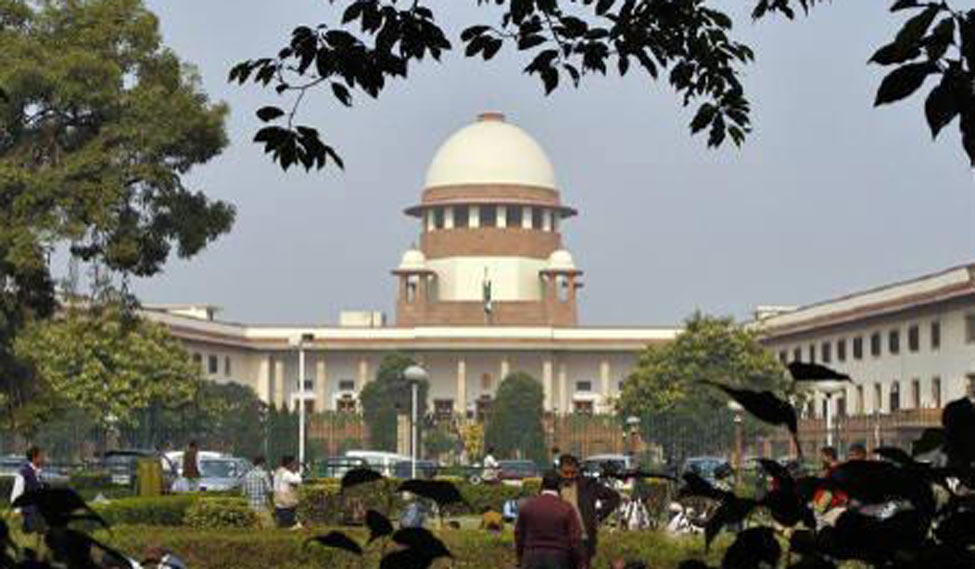As government arguments continue before a nine-member constitutional Bench headed by Chief Justice of India J.S. Khehar, the Bench said that though privacy may have been left out from the Constitution as a fundamental right, it formed an essential link to 'liberty'—as defined under Constitution.
Appearing for the state of Maharashtra, senior advocate C.A. Sundaram said that privacy cannot be a fundamental right. He said privacy can never be defined unambiguously as everyone conceived it differently.
He said that state action should be tested against existing fundamental rights, and new fundamental rights should not be claimed. He also said that privacy was too ambiguous a right to be defined by law.
Justice F.S. Nariman interjected the argument, saying that 'life', as defined in Article 21 of Constitution, does not refer to an animal existence, but also allows for terms like 'liberty' and 'dignity', which are also left undefined in the Constitution.
Sundaram said there could be frivolous privacy violation claims, if privacy were to be made a fundamental right.
Privacy includes many expectations, he said, and these expectations must be tested on the basis of other fundamental rights. Contending that privacy and liberty are not interchangeable, he said that protection against unlawful intrusion does not mean there has to be a right to privacy.
Here, Justice Nariman told senior advocate Sundaram that a man defending his castle is defending his privacy, rather than his liberty. Justice Chandrachud clarified that “castle” here is a metaphor that alludes to the individual’s right to live in solitude.
Sundaram argued further that informational privacy can be protected by statutes and regulations, even in the absence of a fundamental right. "This court will have to keep interpreting the evolving right to privacy if its contours are not defined," he said.
Justice Chelameshwar pointed out that all fundamental rights can evolve, reminding him that freedom of press was not initially a part of freedom of speech and expression.
Sundaram then said how the makers of our Constitution had omitted privacy despite being aware of the American First Amendment. At which point Justice Nariman reminded that “due process” was considered for inclusion in the Constitution by its makers and later dropped, though due process was subsequently recognised in Maneka Gandhi v. Union of India.
While he continued to argue that privacy and personal liberty were different from each other, Justice Chandrachud explained that the qualification of “liberty” in Article 21 by adding “personal” was done so as to avoid overlap with other freedoms such as those already provided for under Article 19.
Another reason for this qualification was that in its absence, 'liberty' might be read in an economic sense instead of a political or personal sense, as was done in the US and later corrected, he said. The hearing will resume on Tuesday.





